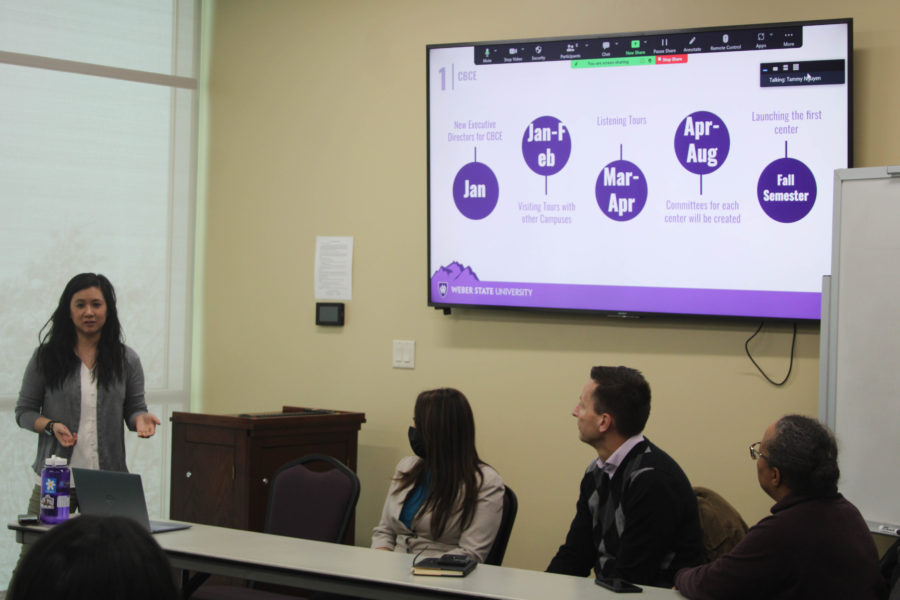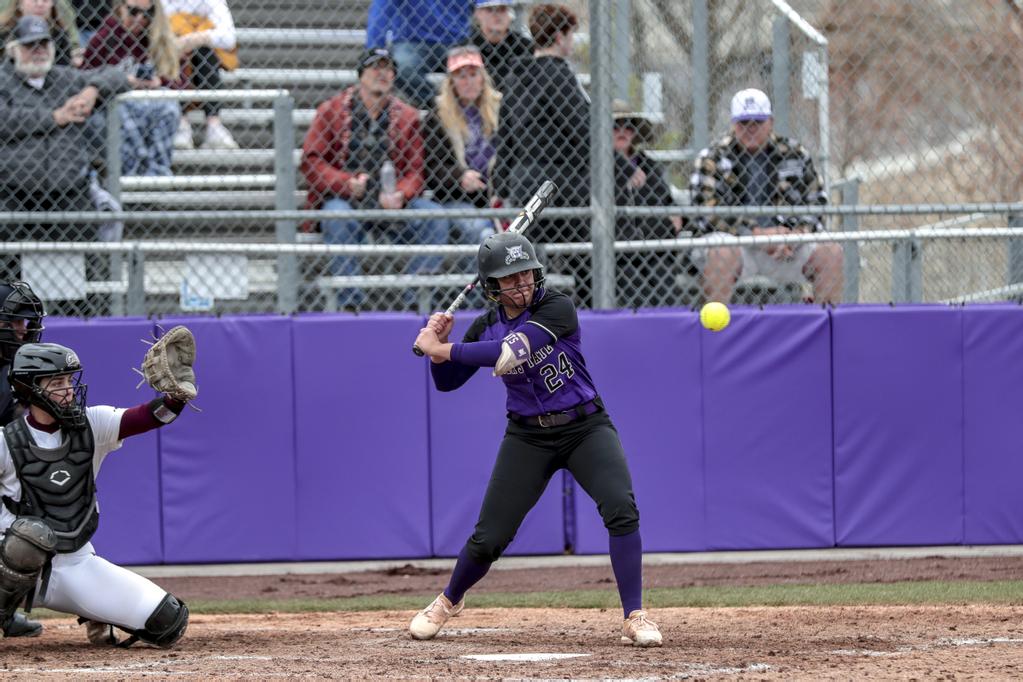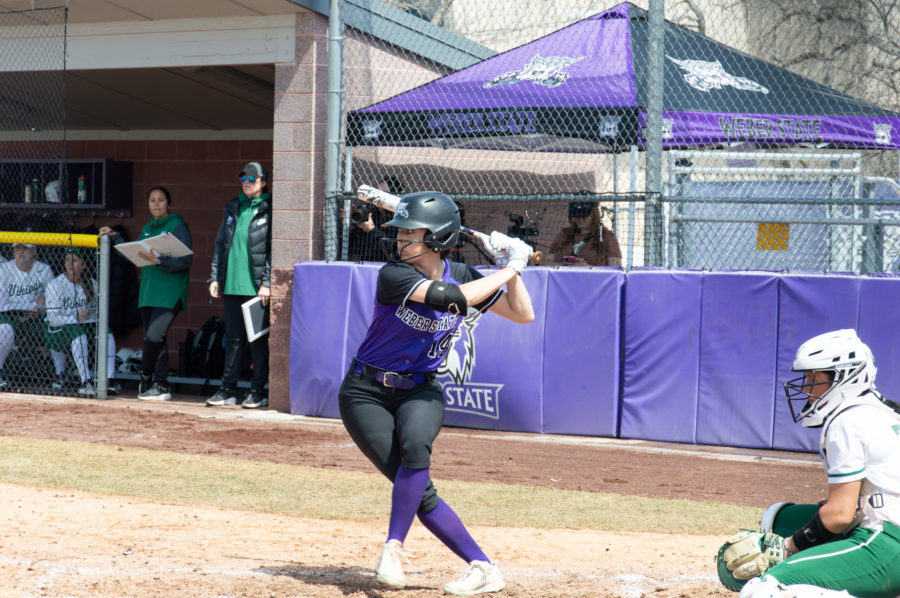Being an athlete is hard work. Being a student athlete is even harder — classes, homework, two-hour workouts in the morning, two-hour practice in the afternoon and two-hour study hall at night. But no matter how hard it is being a student athlete, being a student athlete with multiple sclerosis (MS) is even harder.
Kami Holley, a senior utility player on the softball team, deals with just that.
Holley hasn’t had to deal with stresses and strains alone. She recently got married. Her husband Ryan and her family have been a huge help.
“They didn’t let me use it as an excuse for anything,” she said. “They always pushed me to do my best with everything. After I got diagnosed, I was in the hospital, and there was a basketball tournament that weekend. I told my mom I didn’t want to go, and she made me go. She told me not to let this stop me from doing the things I always have done.”
Holley also doesn’t let MS affect her newlywed status.
“Sometimes, we forget that I have it,” Holley said. “We don’t let it interfere with our day-to-day lives. He helps me with my shot every night, but other than that, it’s like it doesn’t even exist.”
MS is a chronic and disabling disease that attacks the central nervous system. Symptoms may be mild, such as numbness in limbs, or serious, such as paralysis. The progress, severity and specific symptoms of MS are unpredictable and vary from one person to another.
Although Holley has MS, she does not let that affect the way she plays ball. She was a starting member of Fremont High School’s region softball and basketball championship teams.
She played two years of basketball at the College of Western Wyoming. In her junior year for the Wildcats, she played in 28 games and started in 19. She had two doubles, a triple and a home run. She had six RBIs and five runs scored. Her batting average was .232, going 13-56 at the plate.
“At Weber, my coaches understand that sometimes I can’t go 100 percent all the time, and it’s OK that my 80 percent is as far as I can go,” she said.
While playing collegiate athletics, Holley has to be cautious about the toll MS can have on her abilities. At first, she had a difficult time telling her coaches and teammates what was going on because they would treat her differently.
“In high school, everybody knew about it, and they babied me,” she said. “I told my coach at Western right up front. He said he wouldn’t, but he still did.”
Holley was a walk-on to WSU’s softball team. She waited until after she made the team before she came out and told Head Coach Tina Johnson about it.
“When I came to Weber, I debated a long time whether to tell Coach Johnson or not,” Holley said. “I didn’t because I did not want her to judge me upfront. I wanted to show her what I could do before she found out about it.”
Holley said that although she is treated differently, sometimes she is appreciative of her coaches’ understanding.
“My coaches have always been really sympathetic of my conditions,” she said. “There were times when I would push myself too far at Western, and Coach would see I was going downhill, and he would pull me out and give me a breather, and I appreciated that.”
According to the National Multiple Sclerosis Society’s website, there are approximately 400,000 people with MS with 200 more diagnosed every week. MS is significantly more common in women than in men. Genetics play an important role in who gets the disease, but it is not a direct inheritance. Most cases are diagnosed between the ages of 20-50.
Holley was diagnosed with MS when she was 17 and going into her senior year of high school.
“I looked at my mom and dad with tears in my eyes and said, ‘Can I still play sports?’” Holley said about her initial reaction.
There is no cure for MS, but effective strategies are available to modify the diseases course.
Holley takes a shot every night that acts as a decoy for the disease. The disease attacks the medicine in the shot rather than her CNS.
“It just keeps me healthy longer,” she said. “My MS is in remission right now because of it.”
Holley also said that staying so active has also helped her stay healthy. She advises anyone with MS or any other trial to just stay positive because it’s helped her cope and stay mentally healthy.
“Stay active and stay positive,” she said. “It is what you make it. I could have stayed sad and pouty about it, but my family kept me active, and I kept a good attitude about it. I have done really well handling it.”




















